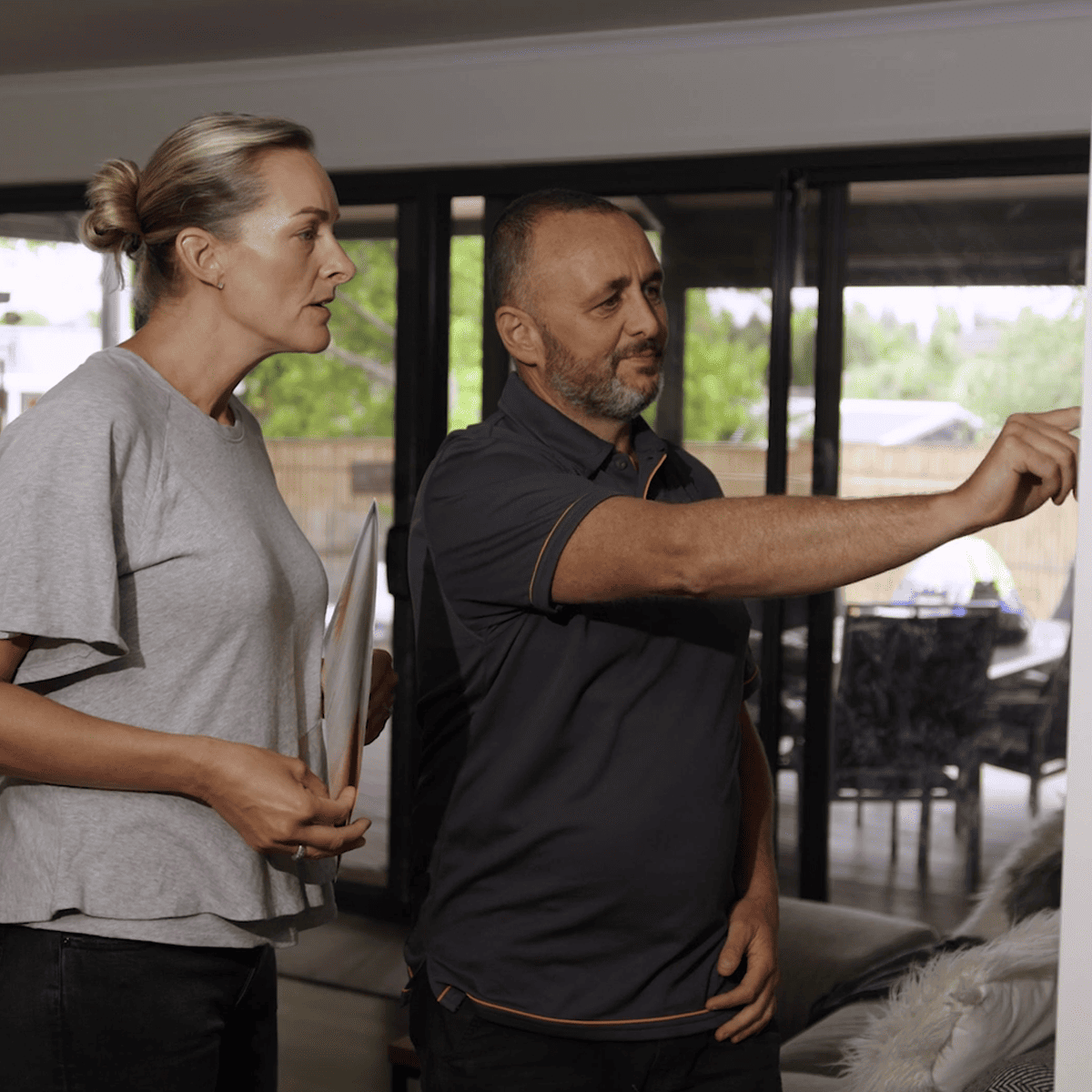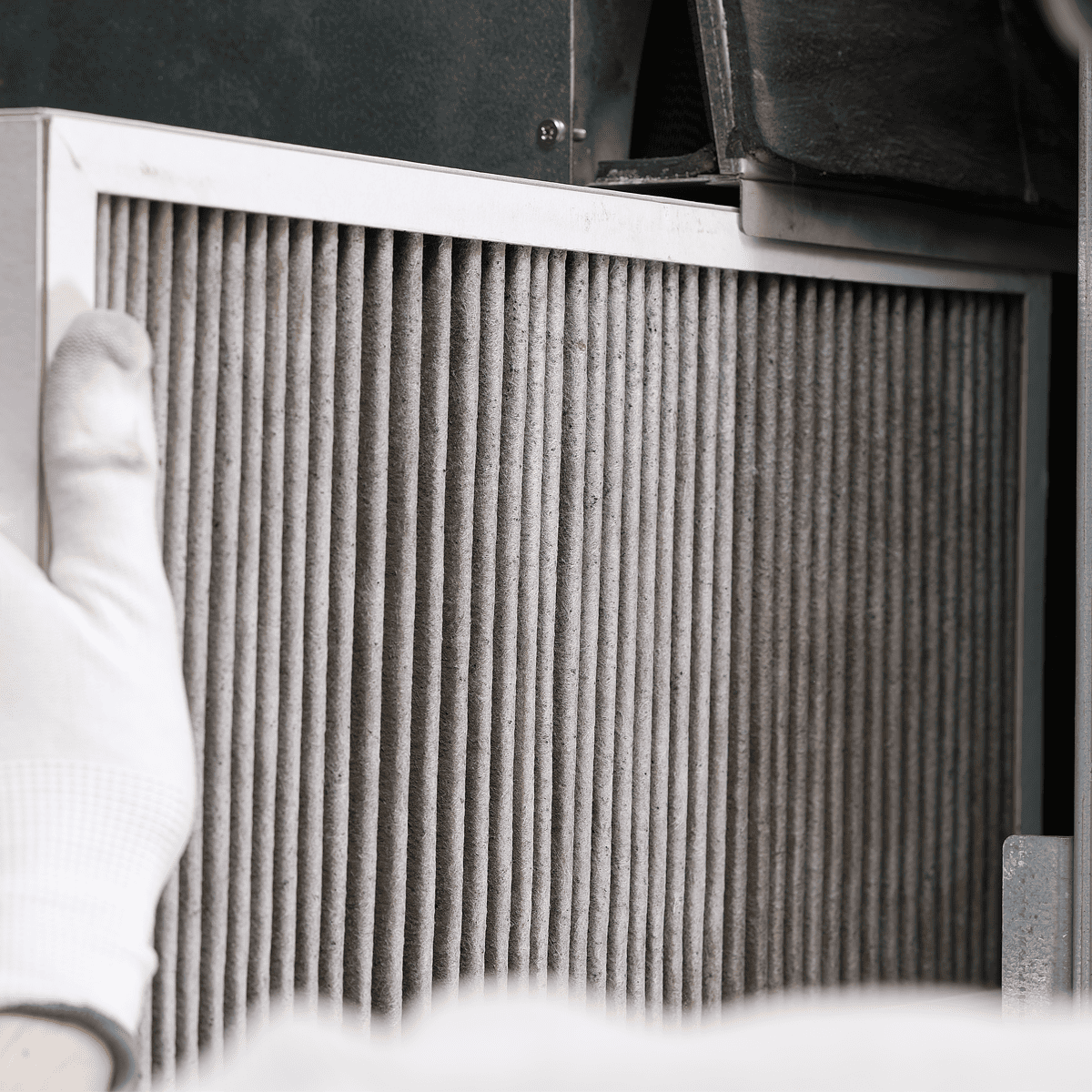As Melbourne edges into the colder months, there’s one thing every homeowner should be thinking about—heating. With temperatures dropping and heaters working overtime, winter often brings a sharp spike in energy use. If your heating system isn’t running at its best, you could be facing more than just chilly toes. High energy bills, emergency breakdowns, and costly repairs are all too common in homes that haven’t prioritised heating maintenance.
But the good news is that a little forward planning can go a long way. With proper heating repair and maintenance, you can keep your system running smoothly, reduce energy waste, and stay warm without blowing the budget. In this article, we’ll walk you through why heating system upkeep is essential, what you can do at home, and when to call in the experts.

Why Heating Repair and Maintenance Matters
You wouldn’t drive your car for years without a service—and your heating system deserves the same level of care. Regular maintenance isn’t just about preventing breakdowns. It’s about keeping your system efficient, safe, and reliable when you need it most.
Prevent Costly Breakdowns
One of the most compelling reasons to stay on top of heating maintenance is the simple fact that small problems can quickly turn into big ones. A loose wire, worn-out belt, or clogged filter might not seem urgent—until your heater cuts out in the middle of a cold snap.
Routine checkups help catch these issues early, saving you from sudden failures that often lead to emergency callouts and premium repair rates. In many cases, a basic tune-up can spot wear and tear before it escalates, keeping your repair bills manageable and your home comfortably heated.
Boost System Efficiency
An inefficient heating system doesn’t just struggle to keep your home warm—it also works harder than it needs to, chewing through more power in the process. Dust buildup, dirty filters, and uncalibrated thermostats can all contribute to a system that runs longer than it should to achieve the same results.
Well-maintained systems, on the other hand, operate closer to their intended performance. That means less energy used, quicker heat delivery, and a noticeable difference on your next electricity or gas bill.
Extend Your Heater’s Lifespan
Replacing a heating unit is a significant expense. But with consistent maintenance, most systems can operate effectively for many years beyond their standard life expectancy. A system that’s regularly cleaned, adjusted, and repaired when needed won’t suffer the same wear and tear as one that’s neglected year after year.
Think of it as protecting your investment. Whether you’ve got a ducted heating system, gas wall furnace, or split system heater, routine servicing can delay the need for a full replacement—and save you thousands over the long run.
Improve Home Safety
Faulty heating units can pose more than just an inconvenience. Gas heaters in particular carry a risk of carbon monoxide leaks, which are both odourless and potentially deadly. Similarly, electric heaters with frayed wiring or blocked airflow can become a fire hazard.
Regular servicing includes safety inspections that test for dangerous gas leaks, electrical issues, and other hazards. In short: a well-maintained heater is a safer heater.
Essential Heating Maintenance Tips for Homeowners
While some maintenance tasks should be left to the professionals, there are a few simple things you can do at home to keep your system in good nick between services.
Clean and Replace Filters
This is one of the easiest and most impactful tasks you can do yourself. A clogged or dirty filter reduces airflow, forcing your system to work harder than it needs to. For most systems, filters should be cleaned or replaced every one to three months, depending on usage and dust levels in your home.
Check Thermostat Settings
If your thermostat isn’t reading temperatures accurately, your system may be heating more—or less—than required. Make sure it’s properly calibrated and in a spot where it can measure room temperature without interference from sunlight or appliances.
Smart thermostats are also worth considering, especially if you want more control over your home’s heating schedule and usage patterns.
Inspect Ducts and Vents
Blocked or leaking ducts can lead to uneven heating and energy loss. If you notice some rooms are colder than others, or you hear whistling sounds when the heater’s on, it’s worth checking your vents and ductwork. Clear away dust or furniture blocking airflow, and consider getting your ducts professionally cleaned if they haven’t been touched in years.
Lubricate Moving Parts
Heating systems, like any mechanical device, include moving components that benefit from occasional lubrication. This includes fan motors and bearings, which can wear out quickly if neglected. While this task is best handled during a professional service, it’s good to understand how it supports the system’s longevity.
Common Heating Problems and What They Might Mean
Even with solid maintenance habits, problems can still arise. Here are a few common heating issues and what you can do about them.
No Heat or Low Heat Output
If your system isn’t heating as expected, check the basics first. Is the thermostat on and set correctly? Is the filter clean? For gas heaters, check if the pilot light is out. If the issue persists, you may be dealing with a faulty component or blocked ductwork—time to call in the pros.
Uneven Heating Throughout the House
Hot in the lounge but cold in the bedrooms? Uneven heating can often be traced back to blocked vents, imbalanced ductwork, or poor insulation. Sometimes it’s as simple as adjusting vent openings; other times, you may need a technician to rebalance the system or inspect for leaks.
Strange Noises or Smells
Rattling, banging, or buzzing noises can point to loose parts or debris in the system. A burning dust smell at the start of the season is usually harmless, but if it lingers—or if you smell gas—turn off the system immediately and contact a technician. Safety first.
High Energy Bills
An unexplained increase in your energy costs often signals an inefficient system. This could be due to clogged filters, a failing blower motor, or thermostat issues. A professional service can diagnose the problem and restore efficiency.
When to Call a Professional Heating Technician
Not every issue needs an emergency callout, but there are definite signs that your system requires expert attention.
Warning Signs You Shouldn’t Ignore
- Frequent short cycling (turning on and off rapidly)
- Cold air blowing from vents
- Burning smells or visible smoke
- Unusual noises that persist after startup
- Any indication of a gas leak or electrical issue
If you notice any of these, don’t try to tough it out or DIY the fix—book a professional immediately.
Schedule Your Annual Heating Service
The best time to service your heater? Before winter sets in. An annual checkup can identify wear and tear, test safety components, clean internal parts, and ensure everything’s running at peak performance. Booking early with a trusted provider like Serviceit.com.au means you’ll beat the winter rush and avoid delays during peak season.

Final Thoughts: Take Action Before Winter Hits
When it comes to keeping warm this winter, a reliable heating system isn’t a luxury—it’s a necessity. Regular heating repair and maintenance can mean the difference between a cosy home and an expensive emergency callout in the middle of July.
By staying on top of basic maintenance and recognising the early signs of trouble, you’ll save on energy bills, avoid unnecessary stress, and extend the life of your heating system. And when it’s time for a proper checkup, don’t leave it to chance—reach out to the professionals at Serviceit.com.au.
They’ll make sure your heater is running safely and efficiently, so you can relax and enjoy everything a Melbourne winter has to offer—from warm cuppas to cosy nights in.

